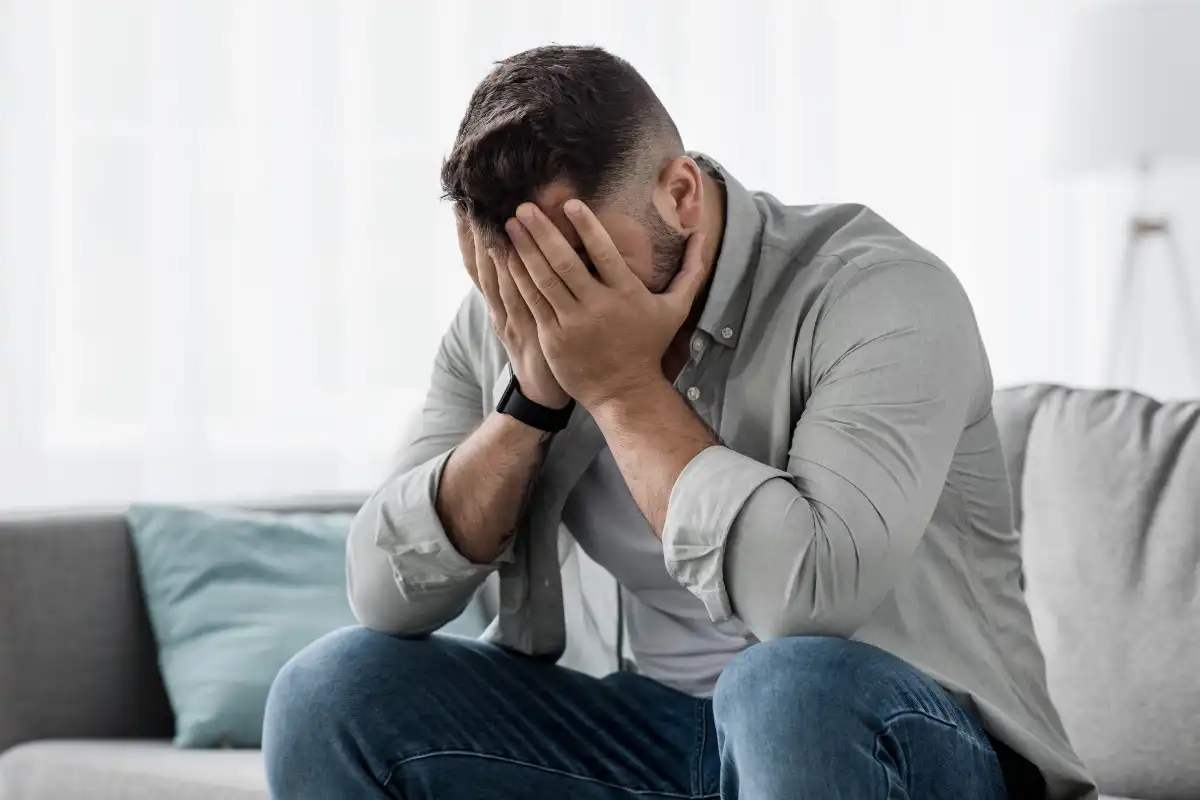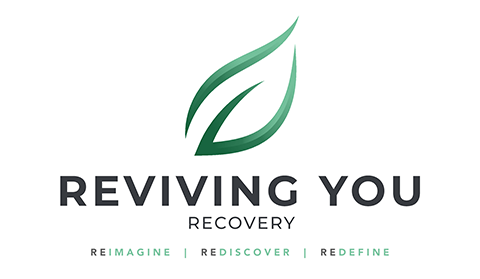
Relapse Prevention Strategies for Substance Abuse
Reviving You Recovery | Menifee, California

Relapse Prevention Strategies
Relapse is a common and often expected part of the addiction recovery journey—but it doesn’t have to be inevitable. At Reviving You Recovery, located in the peaceful and scenic Temecula Valley in Menifee, California, we believe that lasting recovery is achievable when individuals are equipped with the right tools, resources, and ongoing support.
Our relapse prevention strategies are built into every stage of care—from detox through outpatient treatment and beyond—helping individuals develop resilience, manage stress, and maintain their sobriety for the long term.
Whether you’re just starting recovery or have been sober for a while and want to protect your progress, understanding and applying proven relapse prevention strategies can make all the difference.
What Is Relapse?
Relapse is the return to substance use after a period of abstinence. It can happen at any time in recovery and may be triggered by emotional distress, environmental cues, stress, or unresolved psychological issues. While it’s easy to view relapse as failure, it’s more helpful to see it as a signal—a sign that something in your recovery plan needs adjustment or deeper support.
Relapse happens in stages, often starting mentally and emotionally before any actual use. Understanding the warning signs and developing a plan to counter them is critical in preventing relapse before it escalates.
Understanding the Three Stages of Relapse
1. Emotional Relapse
You’re not thinking about using, but your behaviors and emotions begin to set the stage for a possible return to substance use. Signs include:
- Isolating yourself
- Bottling up emotions
- Poor self-care (eating, sleeping, hygiene)
- Not going to meetings or therapy
- Denial of problems or stress

2. Mental Relapse
You’re torn between staying sober and wanting to use. Thoughts of old habits creep in. Signs include:
- Craving substances
- Glamorizing past use
- Thinking about people or places associated with using
- Lying to others
- Planning for relapse (“I’ll only do it once”)
3. Physical Relapse:
This is when actual use occurs. It often follows a prolonged period of emotional and mental relapse.
At Reviving You Recovery, we help clients recognize and address the emotional and mental signs of relapse early—long before they reach the physical stage.
Common Triggers That Can Lead to Relapse
Identifying personal triggers is a key part of relapse prevention. Triggers vary for each person but commonly include:
- Stress from work, relationships, or finances
- Emotional pain, anxiety, or depression
- Social pressure or being around people who use
- Places or situations tied to past substance use
- Celebrations or holidays where drinking or drug use is normalized
- Overconfidence or complacency (“I’ve got this, I don’t need meetings anymore”).
Understanding these triggers—and developing coping strategies for them—is at the core of any solid relapse prevention plan.
Proven Relapse Prevention Strategies
At Reviving You Recovery, we empower each client to build a personalized set of tools and habits to support long-term sobriety. Here are some of the key strategies we teach and encourage:

1. Develop a Personalized Relapse Prevention Plan
This is a written strategy that outlines:
- Your personal triggers;
- Early warning signs of relapse;
- Coping strategies and grounding techniques;
- A list of people to call for support;
- Emergency steps to take if you feel close to using.
Clients work closely with their therapist and case manager to update and maintain this plan throughout treatment.
2. Practice Daily Self-Care
Substance use often stems from emotional or physical neglect. A strong self-care routine supports both physical and emotional well-being. Focus on:
- Regular sleep
- Nutritious meals
- Exercise and movement
- Mindfulness practices like meditation or yoga
- Journaling or creative outlets
Taking care of your body and mind is a daily investment in your recovery.
3. Stay Connected to Support
Isolation is one of the most common warning signs of relapse. Maintaining regular contact with a sober community provides accountability and emotional support. Options include:
- 12-Step meetings (AA, NA)
- Non-12-Step support groups (SMART Recovery)
- Therapy or group counseling
- Sober friends, mentors, or a sponsor
At Reviving You Recovery, we help clients build a strong network of people who support their sobriety.
4. Engage in Ongoing Therapy
Mental health support is a critical pillar of relapse prevention. Underlying issues such as trauma, depression, anxiety, and PTSD can sabotage recovery if left unaddressed. Therapy helps you:
- Process emotions in a healthy way
- Identify distorted thinking or negative beliefs
- Develop communication and relationship skills
- Heal from unresolved wounds
We offer in-person and virtual outpatient programs that include individual and group therapy, providing consistent emotional support even after detox and residential care.
5. Avoid High-Risk People, Places, and Situations
In early recovery, it’s often necessary to make major life changes—including ending toxic relationships or avoiding environments that could lead to temptation. This might mean:
- Changing your social circle
- Finding new hobbies or weekend activities
- Saying no to parties or events that involve alcohol or drugs
It can be hard to let go of old routines, but making space for new, healthier experiences is essential for long-term success.
6. Use Mindfulness and Stress Reduction Techniques
Stress is one of the most common relapse triggers. Learning how to slow down and stay grounded is crucial. Techniques we often recommend include:
- Deep breathing exercises
- Guided meditations
- Grounding techniques (like the 5-4-3-2-1 method)
- Progressive muscle relaxation
- Spending time in nature (Menifee and the Temecula Valley are ideal for this!)
Mindfulness helps you stay present, reduce reactivity, and respond to difficult situations with more clarity and control.
7. Create Structure and Meaning
Boredom and lack of purpose can make recovery feel stagnant. We encourage clients to build structure into their day through:
- Job readiness or educational programs
- Volunteering
- Setting recovery goals
- Developing hobbies and interests
- Caring for a pet
Finding meaning in everyday life supports a sense of identity beyond addiction and helps foster long-term motivation.
Aftercare and Ongoing Support at Reviving You Recovery
Relapse prevention doesn’t end when detox is over or treatment concludes. That’s why we offer comprehensive aftercare and alumni support services. These include:
- Ongoing outpatient counseling (virtual or in-person);
- Case management and life skills coaching;
- Relapse prevention workshops;
- Alumni check-ins and events;
- Referrals for sober housing, vocational support, or continued therapy.

Whether you stay local in Menifee or return home to another part of Southern California or beyond, we ensure you leave our program with a solid plan and continued access to care.
Recovery in a Healing Environment
Our location in Menifee, CA, in the heart of the Temecula Valley, provides a beautiful and peaceful setting ideal for healing. The surrounding hills, open skies, and quiet atmosphere create a perfect environment for reflection, growth, and grounding.
Being in such a serene place helps clients focus on their recovery, gain perspective, and disconnect from the stressors of daily life that may have contributed to substance use in the past.

Final Thoughts: Recovery Is Possible—With the Right Tools
Relapse is not a failure—it’s a challenge to be met with compassion, insight, and a solid plan. At Reviving You Recovery, we are committed to helping each individual build a sustainable recovery journey by equipping them with practical relapse prevention strategies and lifelong tools for growth.
Whether you’re just beginning detox, transitioning into outpatient care, or returning after a relapse, our team is here to support you every step of the way.
Ready to take the next step?
Let’s build a relapse prevention plan that helps you protect your progress and thrive in your recovery.

Hope and love live here. I have failed at every detox before this because of the lack of general care and information (or lack thereof), and instead, I was shown a new perspective here, and I am forever grateful to be recovering ME again. Thank you for giving me another shot at life and love when I didn’t think I had one left.
— PM






